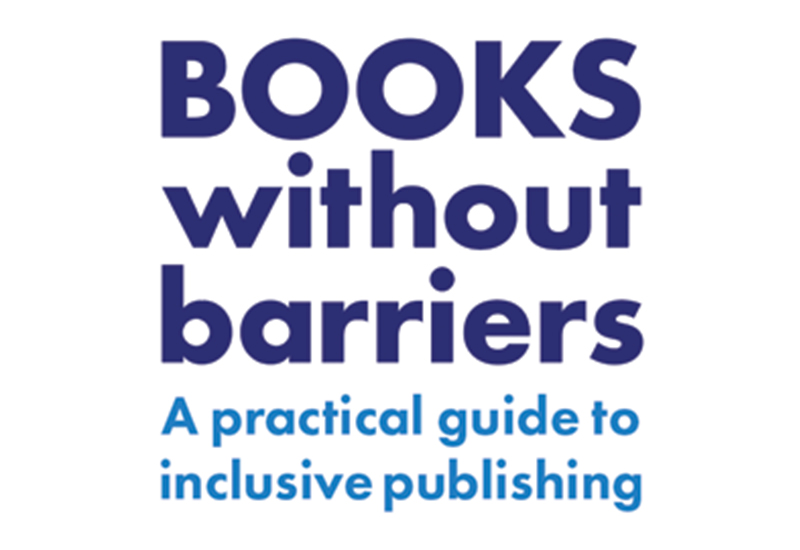The Institute of Professional Editors (IPEd) has released a groundbreaking 200-page guide to assist publishers and editors everywhere to create accessible books.
Two years in the making, this project was initiated to fill a critical gap – to provide a comprehensive resource for accessible books that covers the whole book publishing process.
Chair of IPEd’s Accessibility Initiative Working Party (AIWP) Julie Ganner said Books without barriers is unique because it is a practical end-to-end guide and covers accessibility requirements for both digital and physical formats in the one resource. International resources aimed specifically at the book publishing industry either tend to focus on specific areas, such as image descriptions for educational texts, or to provide only broad advice about why accessible books are necessary.
“The Australian Inclusive Publishing Initiative’s 2019 publication, Inclusive publishing in Australia: an introductory guide, made the legal, social and business case for creating accessible books,” Ganner said. “However, we couldn’t find a single resource for the book publishing industry that described how to actually do so and that covers the whole book publishing process.
“Therefore, we decided to create our own resource – one that continues the aims of the Australian Inclusive Publishing Initiative. And before we knew it, what we’d originally envisaged as a short guide had become a 200-page book.”
Books without barriers was created by members of IPEd’s AIWP, Julie Ganner AE, Dr Agata Mrva-Montoya, Maryanne Park AE and Kayt Duncan, and co-published by IPEd and the Australian Publishers Association, with support from the Copyright Agency Cultural Fund. Written in four parts, it outlines the barriers to reading that people with print disability may experience if their needs are not supported, and describes how to avoid creating these barriers at each stage of the publishing process.
Ganner said editors have an important part to play in creating reading materials that are designed from inception to be accessible to everyone. They must consider whether content can be perceived and understood when it is accessed by touch and hearing, not just by sight.
“We hope that the advice provided in the guide will help transform the way editors think about editing and support them in the transition to more inclusive publishing practices,” she said.
IPEd’s AIWP is currently working on additional formats for Books without barriers. Sydney University Press has kindly agreed to fund an EPUB conversion, NextSense is working on a braille transcription, and an accessible PDF is expected to be available soon.
In the meantime, you can download the accessible Word and basic PDF versions as free download from the IPEd website.

